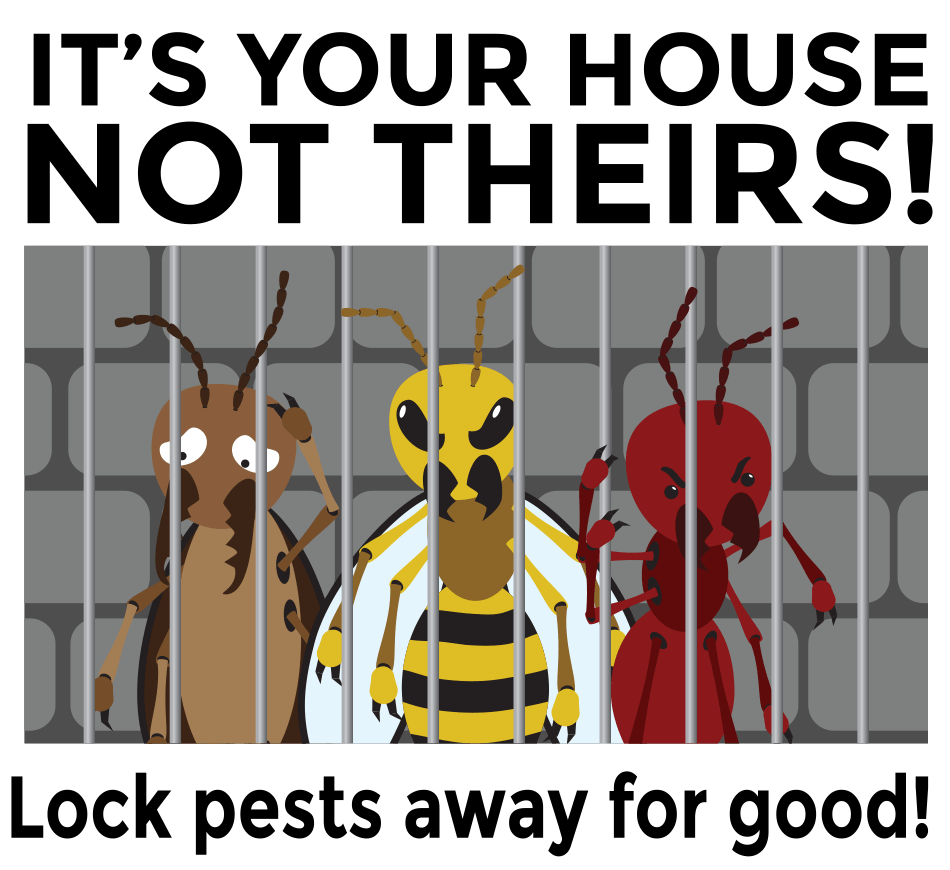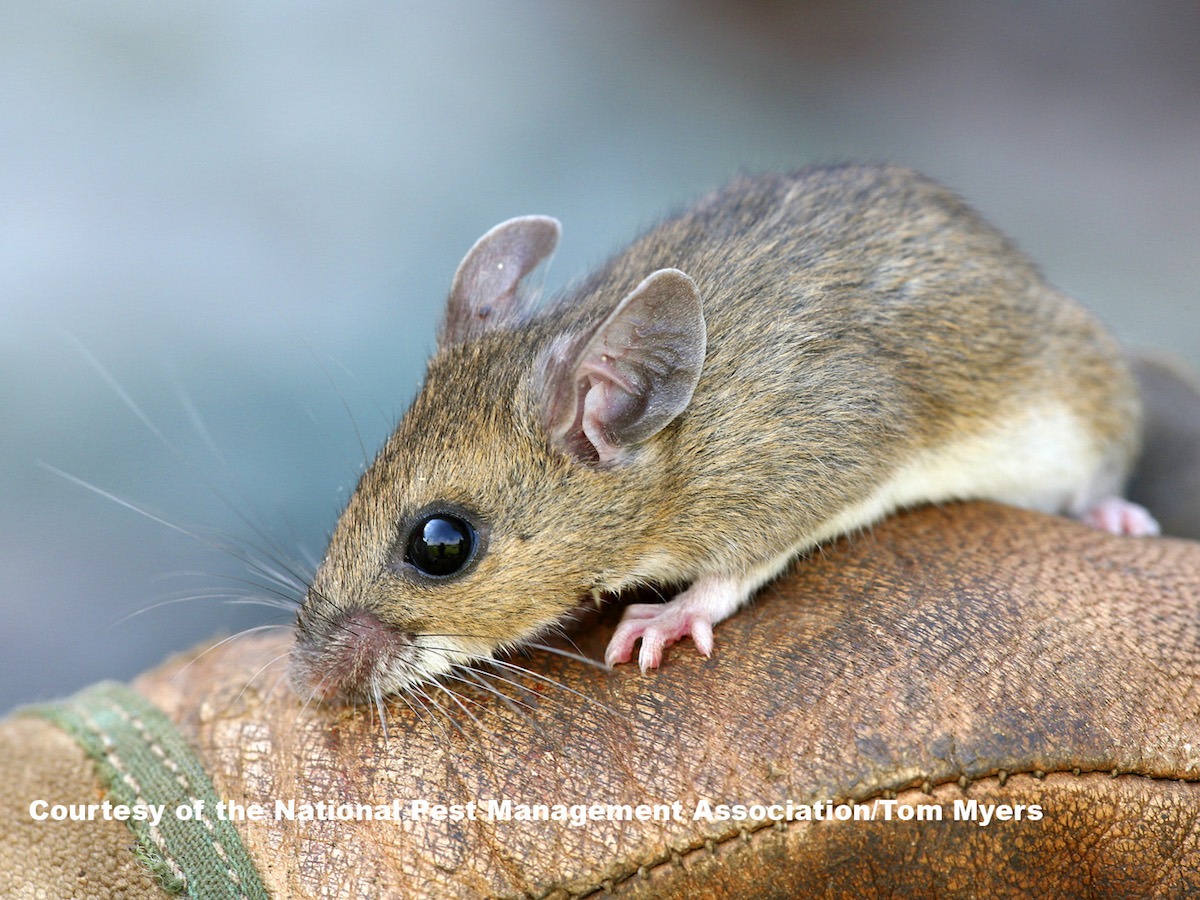ELITE PEST MANAGEMENT, LLC – PEST CONTROL SERVICES
Mice

Rodents can be difficult to keep out of structures. Mice can squeeze through spaces as small as a dime and rats can fit through holes the size of a quarter. For proper rodent pest control, seal any cracks and voids. Ensure there is proper drainage at the foundation and always install gutters or diverts which will channel water away from the building.
If you do find signs of a rodent infestation, contact a pest professional promptly. A rodent exterminator will be able to inspect your home, confirm the species and recommend a course of rodent control treatment.
House Mice (Mus domesticus)
 The house mouse is the most common rodent pest in most parts of the world. It can breed rapidly and adapt quickly to changing conditions. In fact, a female house mouse can give birth to a half dozen babies every three weeks, and can produce up to 35 young per year.
The house mouse is the most common rodent pest in most parts of the world. It can breed rapidly and adapt quickly to changing conditions. In fact, a female house mouse can give birth to a half dozen babies every three weeks, and can produce up to 35 young per year.
Pest Stats
Color: Dusty gray with a cream belly
Legs: 4
Shape: Round
Size: 2.5-3.75 inches long
Antennae: No
Region: Found throughout the U.S. and world.
HABITS
House mice prefer to eat seeds and insects, but will eat many kinds of food. They are excellent climbers and can jump up to a foot high, however, they are color blind and cannot see clearly beyond six inches.
HABITAT
House mice live in structures, but they can survive outdoors, too. House mice prefer to nest in dark, secluded areas and often build nests out of paper products, cotton, packing materials, wall insulation and fabrics.
THREATS
Micro droplets of mouse urine can cause allergies in children. Mice can also bring fleas, mites, ticks and lice into your home.
HOUSE MICE PREVENTION
To keep mice and other rodents out, make sure all holes of larger diameter than a pencil are sealed. Keep areas clear and store boxes off of the floor because mice can hide in clutter. Don’t overlook proper drainage at the foundation and always install gutters or diverts which will channel water away from the building to prevent ideal conditions in which house mice can nest. Regularly inspect the home for signs of mice including droppings, gnaw marks and damaged food goods. If you suspect a rodent infestation, contact a licensed rodent pest control professional to treat and get rid of house mice.

- State Certified in West Virginia and Ohio in Pest Control / Termite Control
- Integrated Pest Management ( IPM ) Certified
- American Institute of Baking ( AIB ) Training



